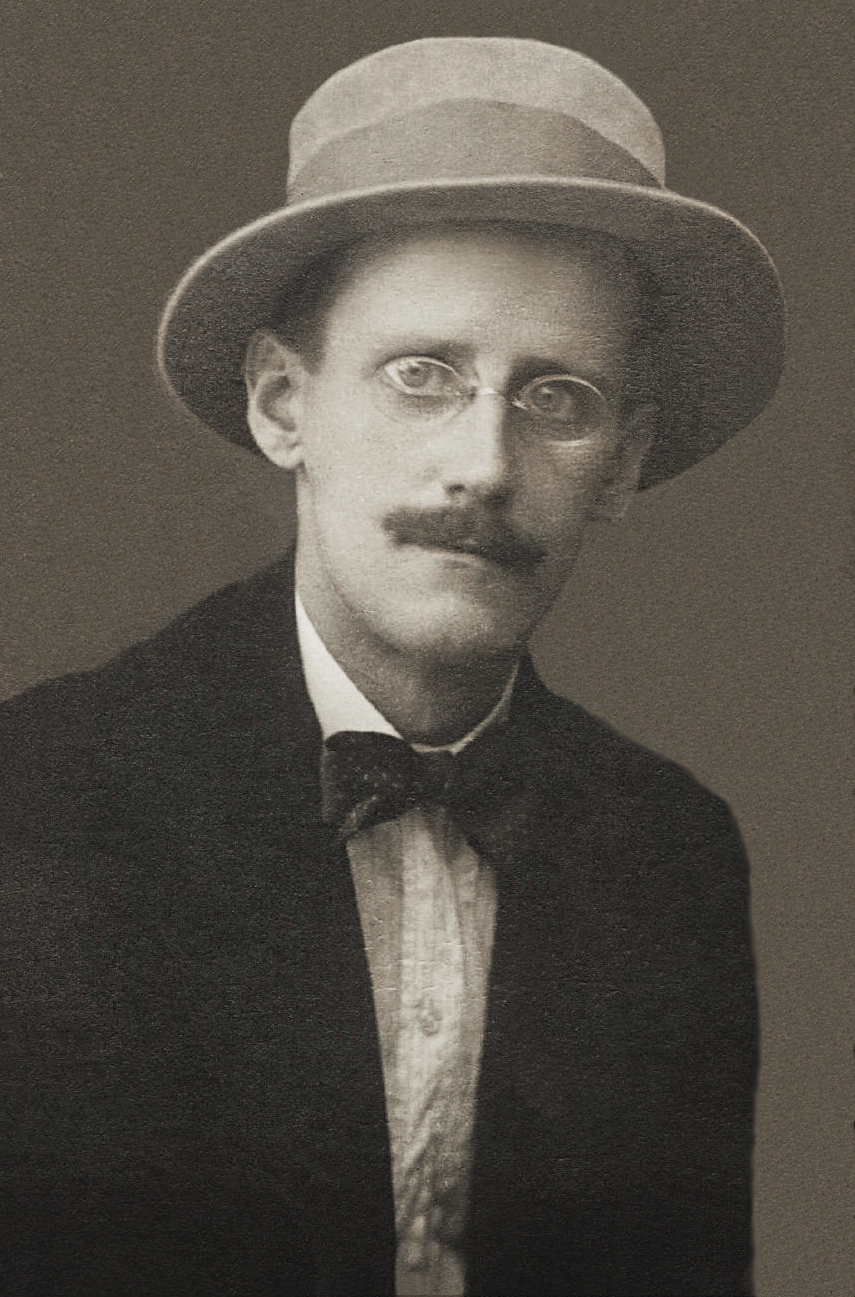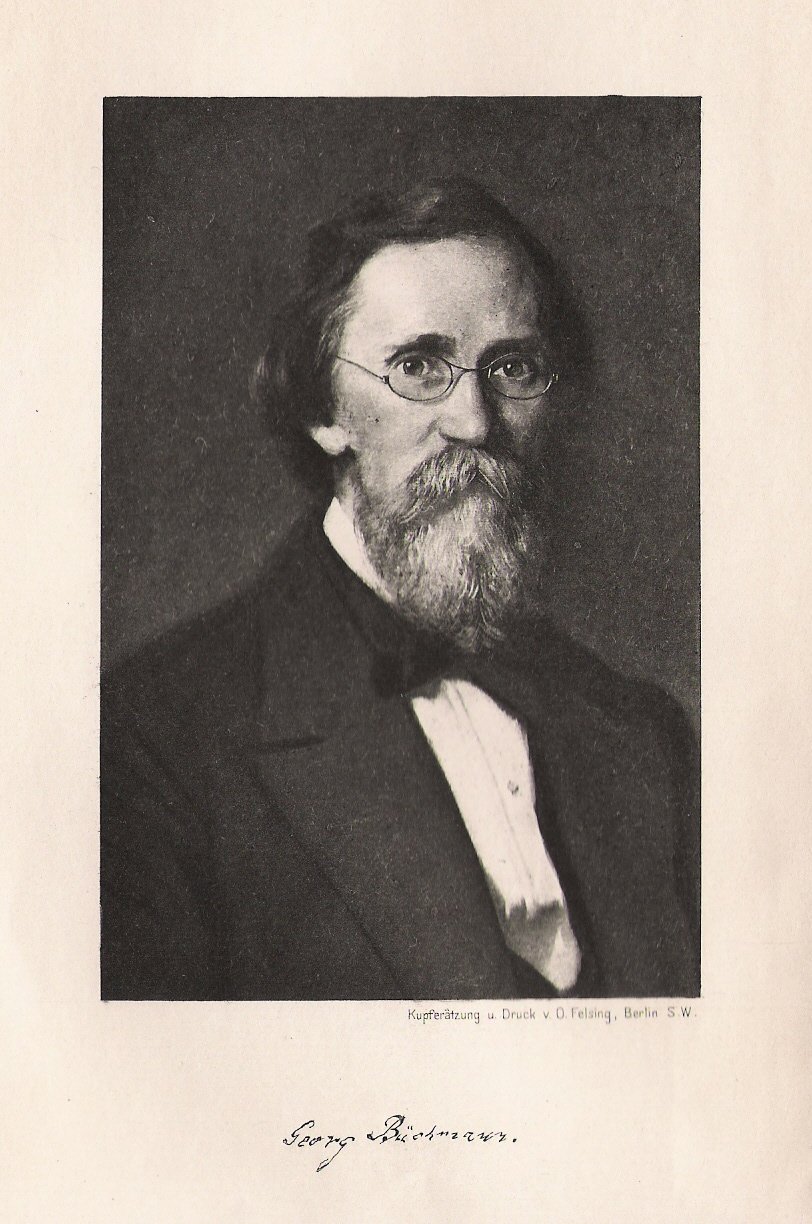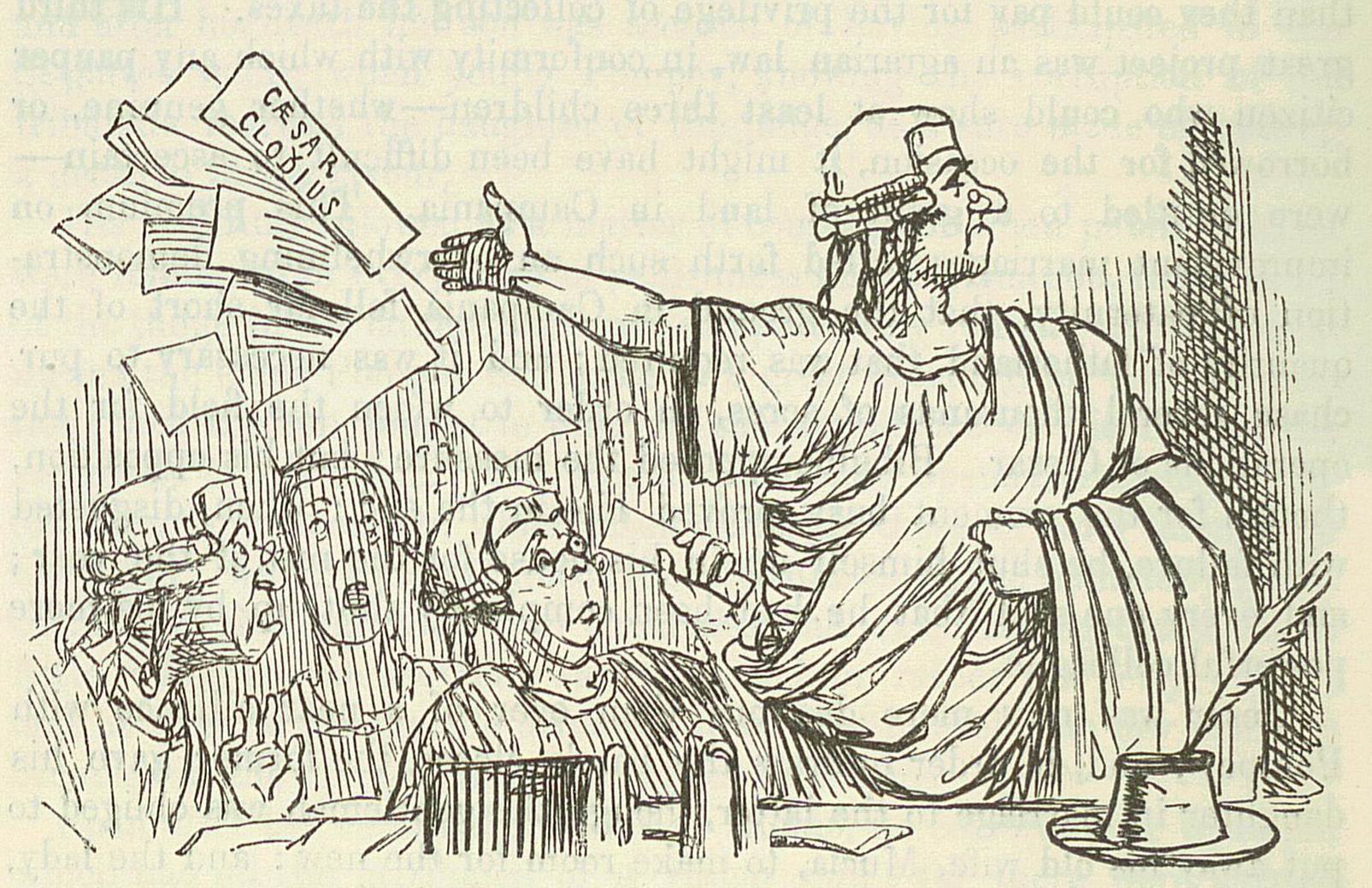|
Tempora Mutantur, Nos Et Mutamur In Illis
''Tempora mutantur'' is a Latin adage that refers to the changes brought about by the passage of time. It also appears in various longer hexametric forms, most commonly ''Tempora mutantur, nos et mutamur in illis'', meaning "Times are changed; we also are changed with them". This hexameter is not found in Classical Latin, but is a variant of phrases of Ovid, to whom it is sometimes mis-attributed. In fact, it dates to 16th-century Germany, the time of the Protestant Reformation, and it subsequently was popularised in various forms. Wording :''Tempora mutantur, nos et mutamur in illis'' ::can be strictly translated as: :"Times are changed; we, too, are changed within them." Like many adages and proverbial maxims drawn from the Latin cultural tradition, this line is in the hexameter verse used in Greek and Latin epic poetry. All other Latin verses cited in this page are hexameters as well. The fact that ''et'' follows ''nos'' and is accented in the hexameter's rhythm gives an em ... [...More Info...] [...Related Items...] OR: [Wikipedia] [Google] [Baidu] |
Latin
Latin (, or , ) is a classical language belonging to the Italic branch of the Indo-European languages. Latin was originally a dialect spoken in the lower Tiber area (then known as Latium) around present-day Rome, but through the power of the Roman Republic it became the dominant language in the Italian region and subsequently throughout the Roman Empire. Even after the fall of Western Rome, Latin remained the common language of international communication, science, scholarship and academia in Europe until well into the 18th century, when other regional vernaculars (including its own descendants, the Romance languages) supplanted it in common academic and political usage, and it eventually became a dead language in the modern linguistic definition. Latin is a highly inflected language, with three distinct genders (masculine, feminine, and neuter), six or seven noun cases (nominative, accusative, genitive, dative, ablative, and vocative), five declensions, four verb conjuga ... [...More Info...] [...Related Items...] OR: [Wikipedia] [Google] [Baidu] |
William Harrison (priest)
William Harrison (18 April 1534 – 24 April 1593) was an English clergyman, whose ''Description of England'' was produced as part of the publishing venture of a group of London stationers who produced Raphael Holinshed's ''Chronicles'' (1577 and 1587). His contribution to Holinshed's work drew heavily on the earlier work of John Leland. Biography Early life and education William Harrison was born in London, in the parish of St. Thomas the Apostle, to John and Anne Harrison. As a boy, Harrison attended St Paul's School and the Westminster School of Alexander Nowell. Raised in Protestant circles, Harrison entered Christ Church, Oxford and in 1560 was awarded his bachelor's degree. During the reign of Queen Mary I of England, Christ Church became a centre of Catholic support, and Harrison converted to Catholicism. Harrison claimed that he returned to Protestant belief before Mary's death in 1558 after hearing the words of Cranmer, Ridley, and Latimer, three Protestant mart ... [...More Info...] [...Related Items...] OR: [Wikipedia] [Google] [Baidu] |
A Portrait Of The Artist As A Young Man
''A Portrait of the Artist as a Young Man'' is the first novel of Irish writer James Joyce. A ''Künstlerroman'' written in a modernist style, it traces the religious and intellectual awakening of young Stephen Dedalus, Joyce's fictional alter ego, whose surname alludes to Daedalus, Greek mythology's consummate craftsman. Stephen questions and rebels against the Catholic and Irish conventions under which he has grown, culminating in his self-exile from Ireland to Europe. The work uses techniques that Joyce developed more fully in ''Ulysses (novel), Ulysses'' (1922) and ''Finnegans Wake'' (1939). ''A Portrait'' began life in 1904 as ''Stephen Hero''—a projected 63-chapter autobiographical novel in a realistic style. After 25 chapters, Joyce abandoned ''Stephen Hero'' in 1907 and set to reworking its themes and protagonist into a condensed five-chapter novel, dispensing with strict realism and making extensive use of free indirect speech that allows the reader to peer into St ... [...More Info...] [...Related Items...] OR: [Wikipedia] [Google] [Baidu] |
James Joyce
James Augustine Aloysius Joyce (2 February 1882 – 13 January 1941) was an Irish novelist, poet, and literary critic. He contributed to the modernist avant-garde movement and is regarded as one of the most influential and important writers of the 20th century. Joyce's novel ''Ulysses'' (1922) is a landmark in which the episodes of Homer's ''Odyssey'' are paralleled in a variety of literary styles, particularly stream of consciousness. Other well-known works are the short-story collection ''Dubliners'' (1914), and the novels ''A Portrait of the Artist as a Young Man'' (1916) and ''Finnegans Wake'' (1939). His other writings include three books of poetry, a play, letters, and occasional journalism. Joyce was born in Dublin into a middle-class family. He attended the Jesuit Clongowes Wood College in County Kildare, then, briefly, the Christian Brothers-run O'Connell School. Despite the chaotic family life imposed by his father's unpredictable finances, he excelled at the Jesuit ... [...More Info...] [...Related Items...] OR: [Wikipedia] [Google] [Baidu] |
William B
William is a male given name of Germanic origin.Hanks, Hardcastle and Hodges, ''Oxford Dictionary of First Names'', Oxford University Press, 2nd edition, , p. 276. It became very popular in the English language after the Norman conquest of England in 1066,All Things William"Meaning & Origin of the Name"/ref> and remained so throughout the Middle Ages and into the modern era. It is sometimes abbreviated "Wm." Shortened familiar versions in English include Will, Wills, Willy, Willie, Bill, and Billy. A common Irish form is Liam. Scottish diminutives include Wull, Willie or Wullie (as in Oor Wullie or the play ''Douglas''). Female forms are Willa, Willemina, Wilma and Wilhelmina. Etymology William is related to the given name ''Wilhelm'' (cf. Proto-Germanic ᚹᛁᛚᛃᚨᚺᛖᛚᛗᚨᛉ, ''*Wiljahelmaz'' > German ''Wilhelm'' and Old Norse ᚢᛁᛚᛋᛅᚼᛅᛚᛘᛅᛋ, ''Vilhjálmr''). By regular sound changes, the native, inherited English form of the name should b ... [...More Info...] [...Related Items...] OR: [Wikipedia] [Google] [Baidu] |
Symphony No
A symphony is an extended musical composition in Western classical music, most often for orchestra. Although the term has had many meanings from its origins in the ancient Greek era, by the late 18th century the word had taken on the meaning common today: a work usually consisting of multiple distinct sections or movements, often four, with the first movement in sonata form. Symphonies are almost always scored for an orchestra consisting of a string section (violin, viola, cello, and double bass), brass, woodwind, and percussion instruments which altogether number about 30 to 100 musicians. Symphonies are notated in a musical score, which contains all the instrument parts. Orchestral musicians play from parts which contain just the notated music for their own instrument. Some symphonies also contain vocal parts (e.g., Beethoven's Ninth Symphony). Etymology and origins The word ''symphony'' is derived from the Greek word (), meaning "agreement or concord of sound", "concert of ... [...More Info...] [...Related Items...] OR: [Wikipedia] [Google] [Baidu] |
Joseph Haydn
Franz Joseph Haydn ( , ; 31 March 173231 May 1809) was an Austrian composer of the Classical period (music), Classical period. He was instrumental in the development of chamber music such as the string quartet and piano trio. His contributions to musical form have led him to be called "Father of the Symphony" and "Father of the String quartet, String Quartet". Haydn spent much of his career as a court musician for the wealthy Esterházy family at their Eszterháza Castle. Until the later part of his life, this isolated him from other composers and trends in music so that he was, as he put it, "forced to become original". Yet his music circulated widely, and for much of his career he was the most celebrated composer in Europe. He was Haydn and Mozart, a friend and mentor of Mozart, Beethoven and his contemporaries#Joseph Haydn, a tutor of Beethoven, and the elder brother of composer Michael Haydn. Biography Early life Joseph Haydn was born in Rohrau, Austria, Rohrau, Habsburg ... [...More Info...] [...Related Items...] OR: [Wikipedia] [Google] [Baidu] |
Brewer's Dictionary Of Phrase And Fable
''Brewer's Dictionary of Phrase and Fable'', sometimes referred to simply as ''Brewer's'', is a reference work containing definitions and explanations of many famous phrases, allusions, and figures, whether historical or mythical. The "New Edition revised, corrected, and enlarged" from 1895 is now in the public domain, and Web-based versions are available online. The most recent version is the 20th edition, published in November 2018 by Chambers Harrap Publishers. History Originally published in 1870 by the Reverend E. Cobham Brewer, it was aimed at the growing number of people who wanted to understand the origins of phrases and historical or literary allusions, but did not have a university education. The 'phrase' part of the title refers mainly to the explanation of various idioms and proverbs, while the "fable" part might more accurately be labelled "folklore" and ranges from classical mythology to relatively recent literature. On top of this, Brewer added notes on importa ... [...More Info...] [...Related Items...] OR: [Wikipedia] [Google] [Baidu] |
Georg Büchmann
Georg Büchmann (; 4 January 1822 – 24 February 1884) was a German philologist. He was born in Berlin, and died there in Schöneberg. He studied theology, philology and archaeology in University of Berlin, where his instructors included August Böckh and Theodor Panofka. He worked as a schoolteacher in Brandenburg an der Havel, and later taught language courses at the Friedrich-Werder'schen trade school in Berlin (1854–77). In 1872 he attained the title of professor. He became well known as a result of his 1864 book ''Geflügelte Worte, Der Zitatenschatz des Deutschen Volkes'', a collection of quotations. Specifically, the book (the title of which, loosely translated, is "Winged Words") included literary quotes that had become part of common speech. It went through numerous, expanded and revised editions (14th edition, Berlin, 1884) and has been translated into various foreign languages. [...More Info...] [...Related Items...] OR: [Wikipedia] [Google] [Baidu] |
O Tempora O Mores!
is a Latin phrase that translates literally as "Oh the times! Oh the customs!", first recorded to have been spoken by Cicero. A more natural, yet still quite literal, translation is "Oh what times! Oh what customs!"; a common idiomatic rendering in English is "Shame on this age and on its lost principles!", originated by the classicist Charles Duke Yonge. The original Latin phrase is often printed as , with the addition of exclamation marks, which would not have been used in the Latin written in Cicero's day. The phrase was used by the Roman orator Cicero in four different speeches, of which the earliest was his speech against Verres in 70 BC. The most famous instance, however, is in the second paragraph of his First Oration against Catiline, a speech made in 63 BC, when Cicero was consul (Roman head of state), denouncing his political enemy Catiline. In this passage, Cicero uses it as an expression of his disgust, to deplore the sorry condition of the Roman Republic, in which ... [...More Info...] [...Related Items...] OR: [Wikipedia] [Google] [Baidu] |
Cicero
Marcus Tullius Cicero ( ; ; 3 January 106 BC – 7 December 43 BC) was a Roman statesman, lawyer, scholar, philosopher, and academic skeptic, who tried to uphold optimate principles during the political crises that led to the establishment of the Roman Empire. His extensive writings include treatises on rhetoric, philosophy and politics, and he is considered one of Rome's greatest orators and prose stylists. He came from a wealthy municipal family of the Roman equestrian order, and served as consul in 63 BC. His influence on the Latin language was immense. He wrote more than three-quarters of extant Latin literature that is known to have existed in his lifetime, and it has been said that subsequent prose was either a reaction against or a return to his style, not only in Latin but in European languages up to the 19th century. Cicero introduced into Latin the arguments of the chief schools of Hellenistic philosophy and created a Latin philosophical vocabulary ... [...More Info...] [...Related Items...] OR: [Wikipedia] [Google] [Baidu] |
John Owen (epigrammatist)
John Owen (c. 15641622) was a Welsh epigrammatist, most known for his Latin epigrams, collected in his ''Epigrammata''. He is also cited by various Latinizations including Ioannes Owen, Joannes Oweni, Ovenus and Audoenus. Life, education, and career Owen was born at Plas Du, Llanarmon, near Snowdon, and was educated at Winchester College under Dr Thomas Bilson, and New College, Oxford, from where he graduated as Bachelor of Civil Law in 1590. He was a fellow of his college from 1584 to 1591, when he became a schoolmaster, first at Trelleck, near Monmouth, and then of The King's School at Warwick around 1595. His salary was doubled to £20 per year in 1614. On his death in 1622, Owen was buried in the old St Paul's Cathedral, London, memorialised with a Latin epitaph, thanks to his countryman and relative, Bishop John Williams of Lincoln, who is also said to have supported him in his later years. Epigrams Owen became distinguished for his perfect mastery of the Latin langua ... [...More Info...] [...Related Items...] OR: [Wikipedia] [Google] [Baidu] |






